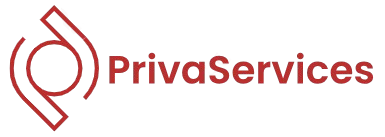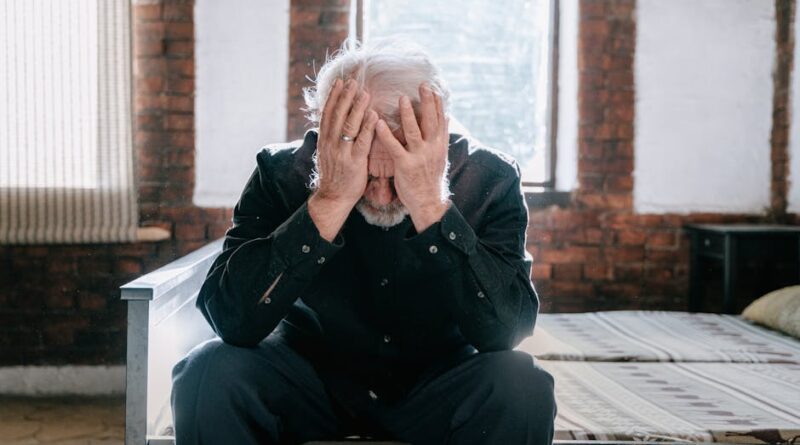Reflecting on Life: An In-Depth Exploration
Life is a journey filled with twists and turns, highs and lows, moments of joy and sorrow. It is a complex tapestry of experiences that shape who we are and who we become. Throughout this journey, it is essential to take the time to stop, pause, and reflect on the path we have traveled. ‘Life reflections’ play a crucial role in our personal growth, self-awareness, and overall well-being. In this comprehensive guide, we will delve deep into the concept of ‘Life reflections’, exploring its various dimensions, significance, and impact on our lives.
The Power of Self-Reflection

Self-reflection is the process of looking inward to examine our thoughts, feelings, and behaviors. It involves introspection, self-assessment, and self-awareness. Through self-reflection, we gain insights into our beliefs, values, strengths, and weaknesses. It allows us to understand ourselves better, identify areas for improvement, and make positive changes in our lives. Self-reflection is a powerful tool for personal growth and development.
Research has shown that regular self-reflection can lead to increased self-awareness, emotional intelligence, and resilience. It helps us cultivate a growth mindset, enhance our decision-making skills, and improve our relationships with others. By taking the time to reflect on our experiences, we can learn from our mistakes, celebrate our successes, and set goals for the future.
The Role of Life Events in Reflection

Life events, both positive and negative, can serve as catalysts for reflection. Major life events such as marriage, the birth of a child, job loss, or the death of a loved one can prompt us to reevaluate our priorities, values, and goals. These events force us to confront our emotions, beliefs, and perceptions, leading to profound insights and personal growth.
For example, a near-death experience may compel us to reconsider our life choices and make significant changes to align with our true desires. On the other hand, a moment of unexpected success may inspire us to pursue new opportunities and challenges. By reflecting on these significant life events, we can gain a deeper understanding of ourselves and our place in the world.
The Impact of Cultural and Societal Influences

Our cultural background and societal norms play a significant role in shaping our values, beliefs, and perspectives. Cultural influences can impact how we perceive ourselves, others, and the world around us. Societal expectations and pressures can shape our identity, goals, and decisions. It is essential to critically reflect on the influence of culture and society on our lives to develop a sense of authenticity and autonomy.
For example, someone raised in a collectivist culture may prioritize group harmony and cooperation over individual achievement. Through self-reflection, they may question whether their values align with their personal aspirations and values. Similarly, societal messages about success, beauty, and happiness can influence our self-esteem and self-worth. By reflecting on these external influences, we can cultivate a more authentic and fulfilling life.
The Connection Between Mindfulness and Reflection

Mindfulness is the practice of being present in the moment, aware of our thoughts, feelings, and sensations without judgment. It involves paying attention to our experiences with curiosity and compassion. Mindfulness and reflection are closely intertwined, as both practices involve self-awareness, non-judgment, and acceptance.
By cultivating mindfulness, we can enhance our ability to reflect on our experiences with clarity and insight. Mindfulness meditation, in particular, has been shown to improve attention, emotional regulation, and overall well-being. By integrating mindfulness into our daily routine, we can create a space for reflection, contemplation, and self-discovery.
The Role of Reflection in Decision-Making
Reflection plays a crucial role in the decision-making process. When faced with important choices, reflecting on our values, priorities, and goals can help us make informed and intentional decisions. By considering the potential outcomes, risks, and benefits of different options, we can align our choices with our values and vision for the future.
Research has shown that reflective decision-making leads to better outcomes, increased satisfaction, and reduced regrets. By taking the time to reflect on our decisions, we can learn from past experiences, avoid repeating mistakes, and make choices that are in line with our long-term goals. Reflection is a powerful tool for enhancing decision-making skills and achieving success in various areas of our lives.
The Importance of Reflection in Relationships
Reflection plays a crucial role in fostering healthy and meaningful relationships. By reflecting on our interactions with others, we can gain insights into our communication style, emotional triggers, and relationship dynamics. Self-reflection allows us to identify patterns of behavior, address conflicts, and improve our ability to connect with others.
In romantic relationships, reflection can help us understand our needs, desires, and expectations. By reflecting on past relationships, we can learn from our mistakes, set boundaries, and communicate effectively with our partners. In friendships and family relationships, reflection can deepen our connections, build trust, and promote empathy and understanding.
Common Misconceptions About Reflection
Despite the numerous benefits of reflection, there are some common misconceptions about this practice. One misconception is that reflection is time-consuming and requires a significant amount of effort. In reality, reflection can be integrated into our daily routine through simple exercises such as journaling, meditation, or mindfulness practices.
Another misconception is that reflection is only beneficial for introspective individuals or those in crisis. In fact, reflection is a valuable tool for everyone, regardless of their personality type or current life circumstances. By fostering a habit of reflection, we can enhance our self-awareness, emotional intelligence, and overall well-being.
Conclusion: Embracing the Power of Reflection
Life reflections are a transformative practice that can lead to personal growth, self-awareness, and fulfillment. By taking the time to reflect on our experiences, beliefs, and relationships, we can gain valuable insights into ourselves and our lives. Reflection allows us to learn from our past, make informed decisions, and create a meaningful future.
As we navigate the complexities of life, it is essential to prioritize self-reflection and mindfulness. By fostering a habit of reflection, we can cultivate resilience, empathy, and authenticity. Embracing the power of reflection can lead to a deeper understanding of ourselves, others, and the world around us.
So, take a moment to pause, breathe, and reflect on your journey. What lessons have you learned? What challenges have you overcome? How can you use reflection to create a more purposeful and fulfilling life? The answers lie within you, waiting to be discovered through the power of reflection.




